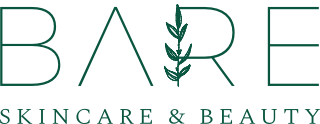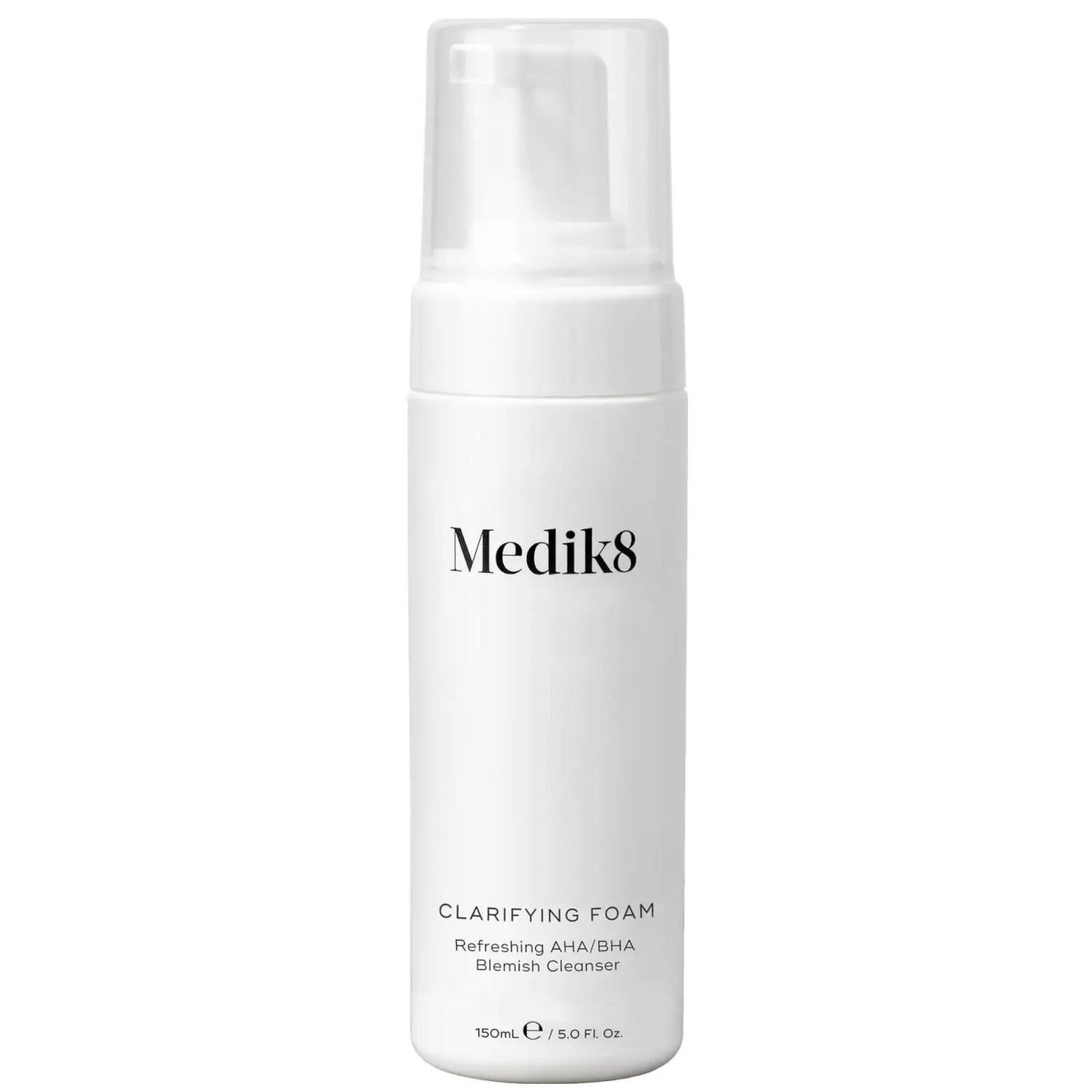Which Skincare category should you choose to buy?
Cosmetic, Cosmeceutical, Paramedical or Prescription only?
I was on Facebook just flicking through all the posts and I came across a post on a professional Beauty Therapist group that went a little like this “Hi I am a Beauty Therapist and yesterday I went to another salon and got a treatment. The therapist that gave me the treatment proceeded to inform me that all Cosmetic and Cosmeceutical products are dangerous and that the only good products are called Paramedical. They claim that all the Cosmeceutical brands have the wrong molecular weight but Paramedical have the correct molecular weight. Could I please have everyones insight.”
This Facebook post created a few questions in my head, What are Cosmeceutical, Cosmetic, Paramedical ranges? what are prescription only ranges? Are Cosmeceuticals and Cosmetics really dangerous for you? What is molecular weight? And what should you choose for your skincare?
Are Cosmetic and Cosmeceutical Ranges Dangerous?
Im going to answer the most important question first, I am sure you will be relieved to find out that most Cosmetic and Cosmeceutical products are NOT dangerous for you. These ranges generally have strict rules to follow and can only use ingredients that have no concerns about them being dangerous. While you may have heard of ranges or products sometimes being recalled, this is generally due to microbial growth or stability issues which would be an individual situation and not a reflection on all the ranges.
What Are Cosmeceuticals, Cosmetics and Paramedical Ranges?
While some people might say that all these ranges are made up, I only know of them as per my training and will answer this based on what the majority of Cosmetic Chemists get taught. This is that Cosmetic products are generally a less active range of products, they will have no claims on performance or a limited range of claims on performance. These are the bare minimum of what I would consider purchasing and whether or not supermarket brands even reach this level of skincare is questionable (some products contain little more than smelly water that wont do much more than pollute the environment with their plastic packaging).
Cosmeceuticals are generally what professional Beauty Therapists, Dermal Therapists and people with knowledge and training of skincare would recommend. They cost more to buy because they cost more to make. They will generally contain between 1 and 3 active ingredients that have data with proven results to ensure you are highly likely to have visible benefits from the products. Personally Cosmeceuticals are what I would be purchasing and are what are sold on this website.
The last range, Paramedical in my opinion is a made-up category by some brands that try and pretend to be more medical than Cosmeceuticals. The truth of the matter is that if Paramedical Skincare was better than Cosmeceutical then it would be considered a drug and would be illegal to sell without the appropriate qualifications. You can have exactly the same ingredients in a Paramedical range as a Cosmeceutical range and the only time that can change in a skincare product is when you move to prescription only skincare (not always). We will discuss prescription only in the next category.
What Are Prescription Only Skincare Ranges?
Firstly for this question I need to clarify that although I can formulate a prescription only range, I would be limited by the authorities when it comes to getting it approved, making it and selling this range of products.
Some of the prescription only products can have higher quality ingredients or higher concentrations of ingredients than Cosmeceuticals, but it gets a little tricky to figure out which prescription only ranges have better ingredients and which ones are just allowed to be marketed differently to Cosmeceuticals.
Two of the main things that limit Cosmeceuticals products is product claims and the ingredients. Product claims are actual marketing claims that are used by a company to market their products. Cosmeceuticals are not allowed to make any claims towards physiological claims but prescription only ranges can make physiological claims. That means that you could have 2 products with amazing ingredients in them, both ranges are identical to each other however 1 range might claim to “visibly reduce wrinkles” (visible claim for a Cosmeceutical product) and another product might claim to “increase collagen by 50%” (physiological claim for a prescription only product). There is no way of knowing if they are both identical or if the prescription only range is superior or just more expensive than the Cosmeceutical range, so you have to trust what your gut tells you.
What is molecular weight In Skincare?
So what is Molecular weight, why does it matter and why is it absurd for a business to claim they have a better molecular weight than other brands?
Molecular weight is basically the size of something. In cosmetics and Cosmeceuticals it is important because depending on the molecular weight the ingredient might be doing 1 of several things. For larger molecules they would work on the surface of the skin to make visible changes and for smaller molecular weights they might focus more on the lower levels of the epidermis (skin). The smaller the molecular weight generally the further it can travel within the skin.
This is important because if I wanted a product that was going to make the skin appear visibly smoother and brighter I might choose a large molecular weight in order for it to only stay on the surface of the skin. If I wanted to visibly reduce wrinkles I would want a smaller molecular weight.
So obviously molecular weight is important but the issue lies when a brand claims to have a better molecular weight than other brands. The only way 1 skincare brand knows what another skincare brand is putting in their products is by looking at the ingredient list of the products. Lets say I have 2 different ranges and both have hydrolysed wheat protein in them. Both ingredient lists will say “hydrolysed wheat protein” on their ingredient list. Notice how neither brand is actually saying the molecular weight of their wheat protein? So there is no way of knowing what the molecular weight if of that ingredient and therefore it is absurd to claim that 1 brand has a better molecular weight than the other brand.
What Should You Choose For Your Skincare?
So I have gone through and explained some of the myths, untruths and provided advise on the different types of skincare products you can purchase. So which brand would I recommend you choose? In general I would stick to the Cosmeceutical brands, these include Medki8, O Cosmedics and Dermalogica and that is the reason we stock them on this site. These are generally the best results for your money. Going below Cosmeceutical bracket would leave you applying little more than water to your face and going above this could find you spending big money on something that provides similar results.
For more help on Skincare ranges and Skincare Recommendations for Medik8, O Cosmedics and Dermalogica please book a virtual Skincare Consult here or if you are located in Perth you can book an in person Skincare consultation here.



 SHOP BY BRAND
SHOP BY BRAND
 SIGN IN/
SIGN IN/



